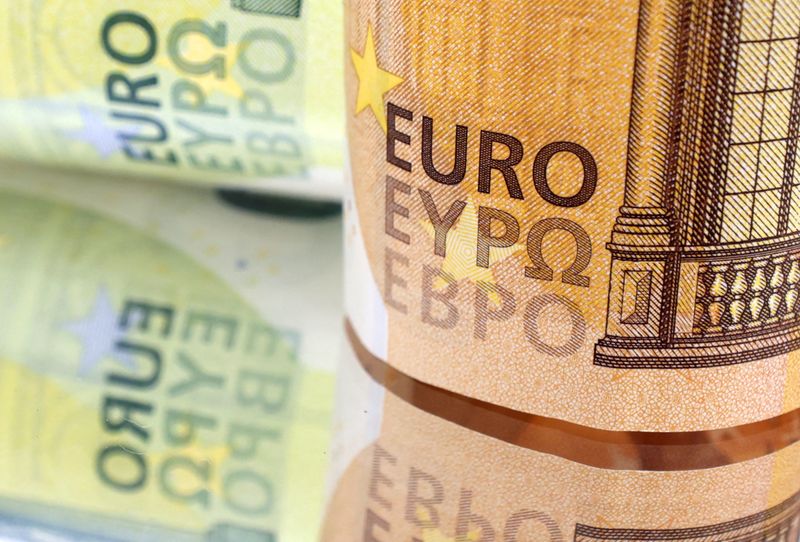Euro zone savings rate dips in Q3 but stays exceptionally high
2025.01.13 06:33
FRANKFURT (Reuters) – Euro zone households reduced their savings a touch in the third quarter of last year but still set aside an exceptionally large portion of their disposable income, highlighting a key challenge holding back growth, data from Eurostat showed on Monday.
The euro zone savings rate dipped to 15.3% in the third quarter from 15.6% three months earlier, the first decline since early 2022, but stayed well above the 12-13% range prior to the pandemic.
Euro zone households have been saving up an unusually large portion of their incomes over the past several years, trying to rebuild some of their real wealth lost to inflation.
This has kept consumption weak and the overall economy barely growing, dashing hopes that household largesse will drive the recovery, more than offsetting the drag from a multi-year industrial recession.
This is in stark contrast with the United States where the personal savings rate was at 4.4% in November, below the historic average and trending down as families remain comfortable with their employment prospects.
While the European Central Bank is still betting on a consumption recovery, it admitted last week that household savings could remain unusually high in the near term, partly due to political and economic uncertainty.
The savings dip was used by households for personal consumption rather than investment, Eurostat added, a fact likely reflected in modest increases in retail sales over the summer quarter.

expenditure rose by 1.1% on the quarter but investments into fixed capital, which consists mostly of home purchases or renovations, slipped to 9.1% of disposable income from 9.2%, a level that is well below historical trends.
Eurostat also said corporate profitability increased in the quarter after a steady decline since the start of 2023.








